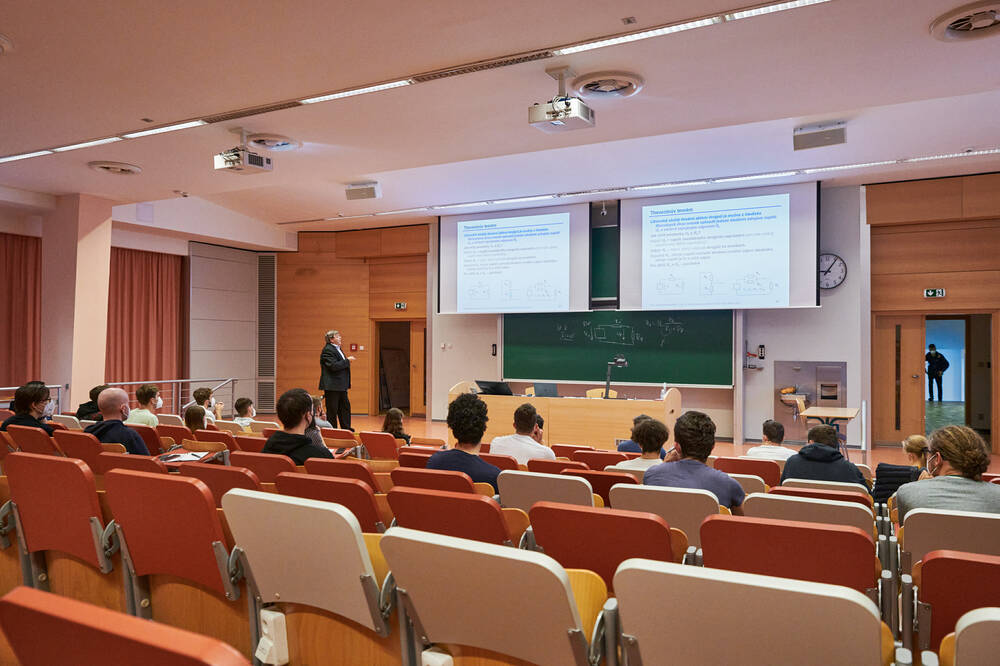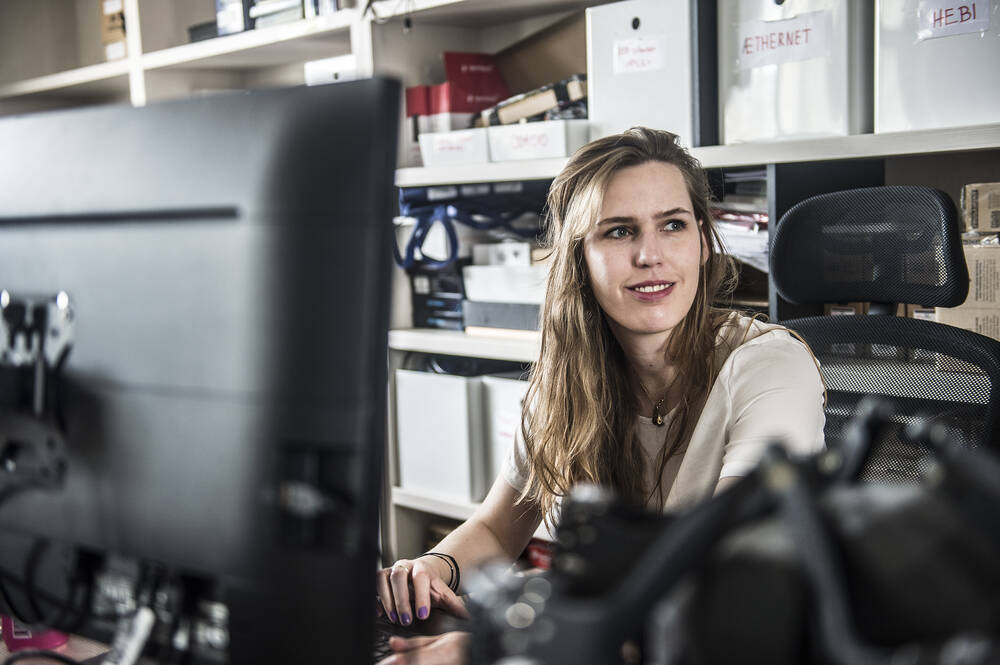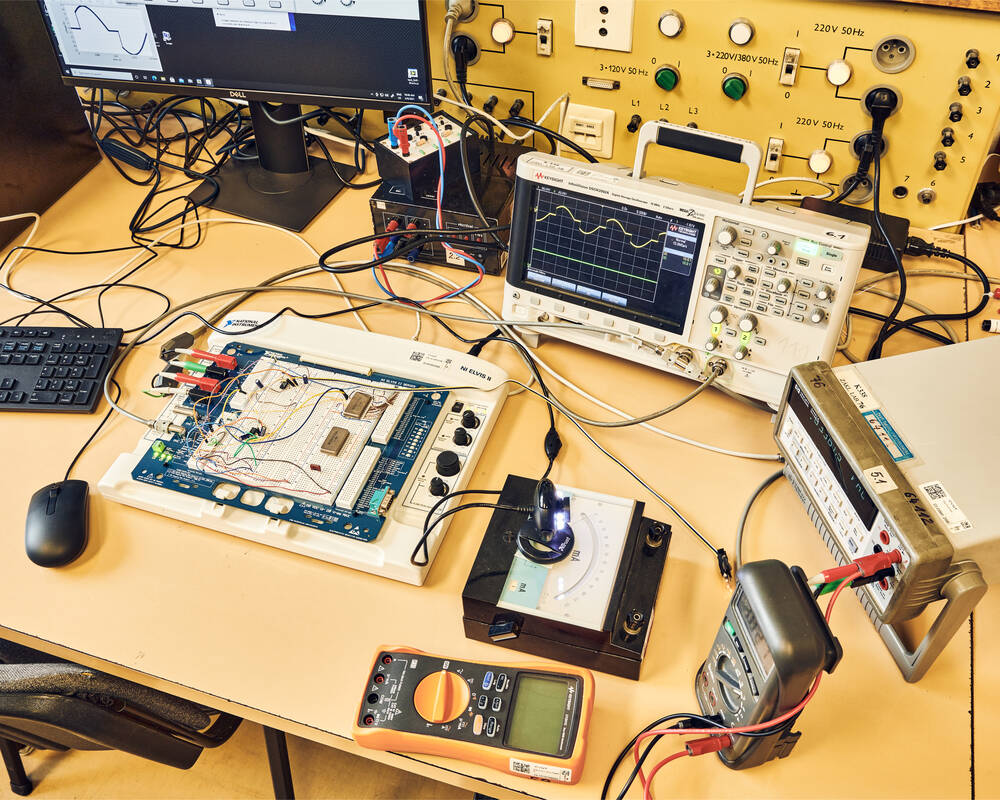CTU retains a standard of the most prestigious technical university in the Czech Republic and Europe with a rich history which stretches back to 1707.
Program characteristics
EECS graduates get wide and very versatile theoretical preparation in fundamental engineering disciplines such as both discrete and continuous mathematics, physics, algorithms, and programming. The overall aim of the EECS study program is to enable students to select from a variety of career options.
Graduates become proficient in electrical engineering, power engineering with extended knowledge of economics and management, software and embedded systems development, computer science, and information technologies. High flexibility of EECS program allows students to configure their own study profile. EECS graduates will be able to start a career not only in industry but also continue in master degree programs at CTU FEE and worldwide.
Prestigious university with a rich tradition

Top-quality education
Our education is provided by renown professors and in collaboration with our industrial partners. We also maintain very individual and close relationship with our students by maintaining low ration of seven students per teacher.

Faculty's research activities
Our research is based around cuting edge technology while using the most advanced methods developed Czech and European top researchers and scientists.

Three branches
Each branch of the study programs focuses on one of the three main fields of study, in addition to the general compulsory courses. Students may fine-tune the study plan according to their preferences in Computer Science, Power Engineering or Electronics.
What you will learn?
- Mathematics: Calculus, linear algebra, discrete mathematics, graph theory, probability and statistics as well as mathematic applications and practical implications for programming, constructing and analyzing algorithms are necessary for any engineer to provide high quality results with professional knowledge.
- Power Engineering: How to manage electrical power systems, how to achieve power transmition stability, frequency, grounding and dimensioning of electrical power, all kinds of electrical systems and power sources - these are only the fraction of topics you can master if you pursue the branch of Electronics and Power Engineering.
- Electronics: Student will learn fundamentals of electromagnetic field theory, principles of operation of electron devices, properties and types of materials and technologies for electrical engineering.
- Programming: Students focusing on computer science will learn one high-level and one low-level programming language and will be trained in algorithms and problem solving with understanding of computer networks as well as computer systems and structures.
- Cybernetics: Students will get familiarized with computer hardware elements. They will learn about automatic control, digital signals, and communication. A graduate of the program will be able to control electronic devices by programming, including reading data, analyzing them thoroughly and designing a control or decision making algorithm.

Why study at FEE CTU
We combine electronics and computer science in all study programmes of our faculty. Soldering irons, ones and zeros. We teach you how to invent, build and program things. With an emphasis on individual approach, timeless education and 100% employment immediately after graduation.


